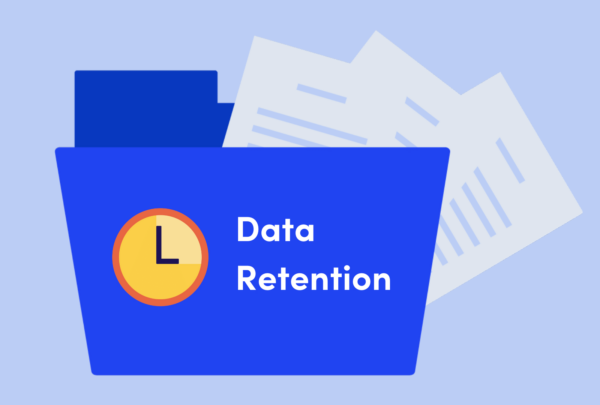Data retention refers to the policies and processes that determine how long data is stored by an organization and under what conditions it is archived, deleted, or retained for future use. It’s a critical aspect of data management and governance, impacting not only storage and compliance but also privacy and security.
The Fundamentals of Data Retention
Data retention encompasses a broad spectrum of considerations, from legal compliance and operational requirements to privacy concerns and data optimization. It involves determining what data should be kept, for how long, and in what form, balancing the need for information access with the imperative to protect sensitive data and comply with regulatory requirements.
Detailed Examination of Data Retention Features
Key features of data retention include:
- Compliance: Adhering to legal and regulatory requirements that dictate data storage durations.
- Accessibility: Ensuring data is retrievable and usable for the duration of its retention period.
- Security: Protecting stored data from unauthorized access or alterations.
- Efficiency: Optimizing storage to manage costs and system performance.
Types of Data Retention
Data retention can be categorized in various ways, reflecting its purpose and the nature of the data. Here’s a table outlining the primary types:
| Type | Description |
|---|---|
| Legal Compliance | Data kept to meet legal obligations. |
| Operational | Data retained for the ongoing operations of an organization. |
| Archival | Data preserved for historical interest or long-term value. |
| Disaster Recovery | Data copies kept to restore systems in the event of data loss. |
Applications of Data Retention
Data retention finds its use in multiple areas, such as:
- Legal compliance and audit trails.
- Business intelligence and analytics.
- Historical records and research.
- Backup and disaster recovery.
Challenges and Solutions in Data Retention
Data retention presents several challenges, including:
- Data Overload: Storing large volumes of data can become costly and unwieldy.
- Privacy Concerns: Retaining personal data raises privacy issues.
- Security Risks: Stored data is a potential target for cyber threats.
Solutions include implementing robust data lifecycle management, employing data minimization principles, and utilizing encryption and access controls to secure stored data.
Comparative Analysis of Data Management Concepts
| Term | Data Retention | Data Deletion | Data Archiving |
|---|---|---|---|
| Purpose | Preserve data for a specific period. | Permanently remove data no longer needed. | Store data long-term with limited access. |
| Accessibility | High, for operational use. | Not applicable. | Low, primarily for compliance or historical interest. |
| Security | Essential throughout the retention period. | Critical to ensure data is irrecoverable. | Important, but balanced with storage costs. |
Future Trends in Data Retention
Advancements in technology are shaping the future of data retention, with trends including:
- Automation in Data Lifecycle Management: Using AI to determine and enforce retention policies.
- Increased Focus on Privacy: Enhanced techniques for anonymizing retained data.
- Cloud Storage Solutions: Leveraging cloud technologies for scalable, cost-effective data retention.
The Role of VPN in Data Retention
VPNs (Virtual Private Networks) relate to data retention by enhancing the privacy and security of data in transit. They can:
- Protect data from being intercepted during transmission.
- Help bypass geographic restrictions, affecting where and how data is stored and accessed.
- Contribute to compliance with data privacy laws by encrypting data and masking IP addresses.
Further Reading on Data Retention
For more comprehensive information on data retention, consider exploring these resources:
- Official Regulatory Websites: For legal compliance guidelines (e.g., GDPR, HIPAA).
- Tech Industry Publications: For insights on best practices and trends.
- Academic Journals: For research on data management and privacy issues.
This exploration into data retention highlights its complexity and critical role in modern data management strategies. From legal compliance to operational efficiency and privacy protection, understanding and implementing effective data retention policies is essential for organizations navigating the digital landscape.


